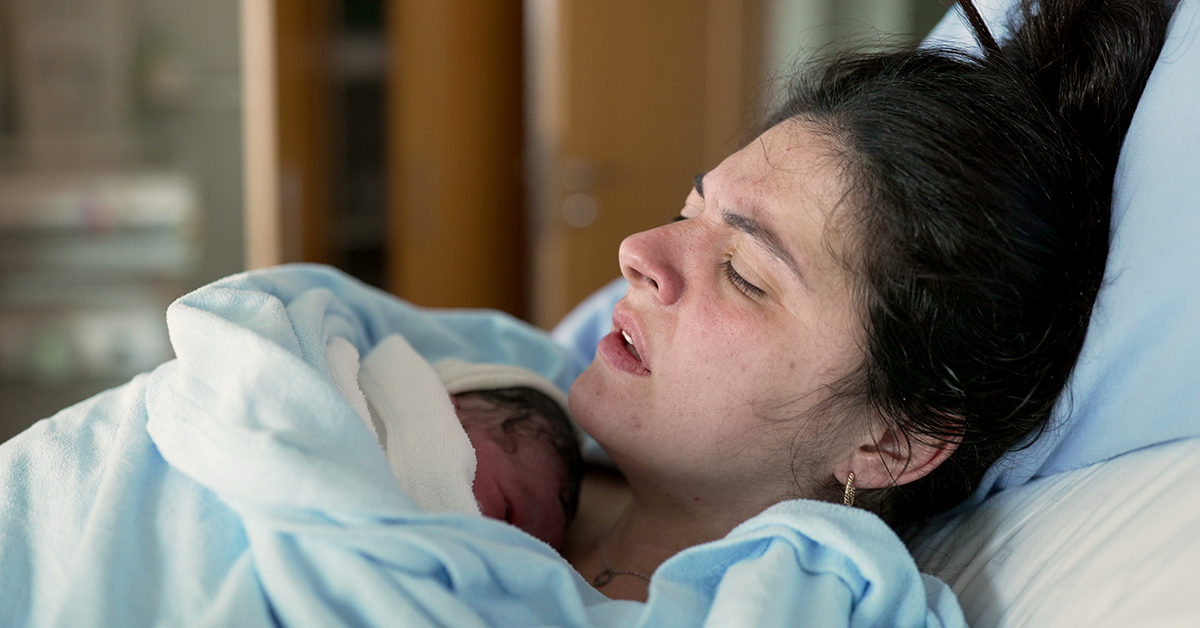Picture this: You’re driving down the road, enjoying the breeze and the music playing on the radio. Suddenly, out of nowhere, a car slams into yours, shattering the tranquility and leaving you stunned. Car accidents are unexpected and can have far-reaching consequences, from physical injuries to emotional distress. In times like these, who can you turn to for guidance and support? This is where a skilled car accident lawyer is important a legal expert who knows how to navigate the complex web of laws and regulations to help you seek justice.
But how exactly do these lawyers build strong cases that stand up against the odds? Join us as we delve into the role of car accident lawyers, their expertise in gathering evidence, and their unwavering dedication to fighting for your rights. Whether you reside in Boston or beyond, understanding the process is essential for reclaiming your life and securing the fair compensation you deserve.
- Conducting a Thorough Investigation
A car accident lawyer begins by conducting a comprehensive investigation into the accident. They examine the accident scene, review police reports, and collect evidence such as photographs, videos, and witness statements. By meticulously analyzing the details, they can reconstruct the events leading up to the accident and identify liable parties.
- Gathering Medical Records and Documentation
To build a strong case, a car accident lawyer needs to establish the extent of injuries and damages suffered by their client. They gather medical records, bills, and other relevant documents to demonstrate the impact of the accident on the victim’s physical and mental well-being. This evidence helps in determining appropriate compensation for medical expenses, pain and suffering, and lost wages.
- Consulting with Experts

Car accident lawyers often collaborate with experts who can provide valuable insights and strengthen their cases. These experts may include accident reconstruction specialists, medical professionals, engineers, and financial analysts. Their expertise helps in establishing liability, determining the cause of the accident, assessing the severity of injuries, and calculating future damages.
- Interviewing Witnesses
Witness testimony can significantly influence the outcome of a car accident case. A skilled car accident lawyer interviews witnesses to obtain detailed accounts of the accident. Their experience in questioning witnesses helps elicit important information that may have been overlooked by others. Witness testimony can help establish liability and corroborate the client’s version of events.
- Negotiating with Insurance Companies
Car accident lawyers are skilled negotiators who advocate for their clients’ best interests when dealing with insurance companies. They understand the tactics used by insurance adjusters to minimize payouts and work to ensure their clients receive fair compensation. By presenting a strong case supported by evidence, they can negotiate a favorable settlement that covers all relevant damages.
- Preparing for Trial
While many car accident cases are settled outside of court, some may proceed to trial. In such instances, car accident lawyers utilize their expertise in preparing a compelling case to present to a judge and jury. They meticulously organize evidence, prepare witnesses, and craft persuasive arguments to secure a favorable verdict.
Frequently Asked Questions
Q: How long can a car accident case stay open?
A: The duration of a car accident case varies depending on several factors, including the complexity of the case, negotiations with insurance companies, and court schedules. Some cases may be resolved within months, while others may take years to reach a resolution.
Q: What percentage of car accident cases go to trial?
A: The majority of car accident cases are settled out of court, with only a small percentage proceeding to trial. The exact percentage varies, but estimates suggest that less than 5% of car accident cases go to trial.
Q: What to do in case of a car accident?
A: In the event of a car accident, prioritize safety and well-being. Seek medical attention for any injuries, contact the appropriate authorities, gather information from involved parties and witnesses, document the accident scene, and report the incident to your insurance company. It is also advisable to consult with a car accident lawyer to understand your legal rights and options.
Q: What happens after a deposition in a car accident case?
A: After a deposition, both parties’ legal teams analyze the testimonies given under oath. They assess the strengths and weaknesses of the case and may continue negotiations or prepare for trial, depending on the circumstances. Depositions play a crucial role in shaping the direction of a car accident case.
CONCLUSION
Car accident cases require meticulous attention to detail, expert knowledge, and effective strategies. Car accident lawyers play a pivotal role in gathering evidence and utilizing their expertise to build strong cases on behalf of their clients. By understanding the process involved, car accident victims can make informed decisions when seeking legal representation for their car accident claims. Whether in Boston or elsewhere, partnering with a competent car accident lawyer ensures that your rights are protected and that you have the best chance of receiving the compensation you deserve.
Need Help?
If you or someone you know, needs help from a lawyer, contact the law offices of Swartz & Swartz, use our live chat, or send us a message using the form below and we’ll get in touch to assess your case and how we can help. For more information, contact Swartz & Swartz, P.C. today!
Keep Reading
Want more? Here are some other blog posts you might be interested in.




